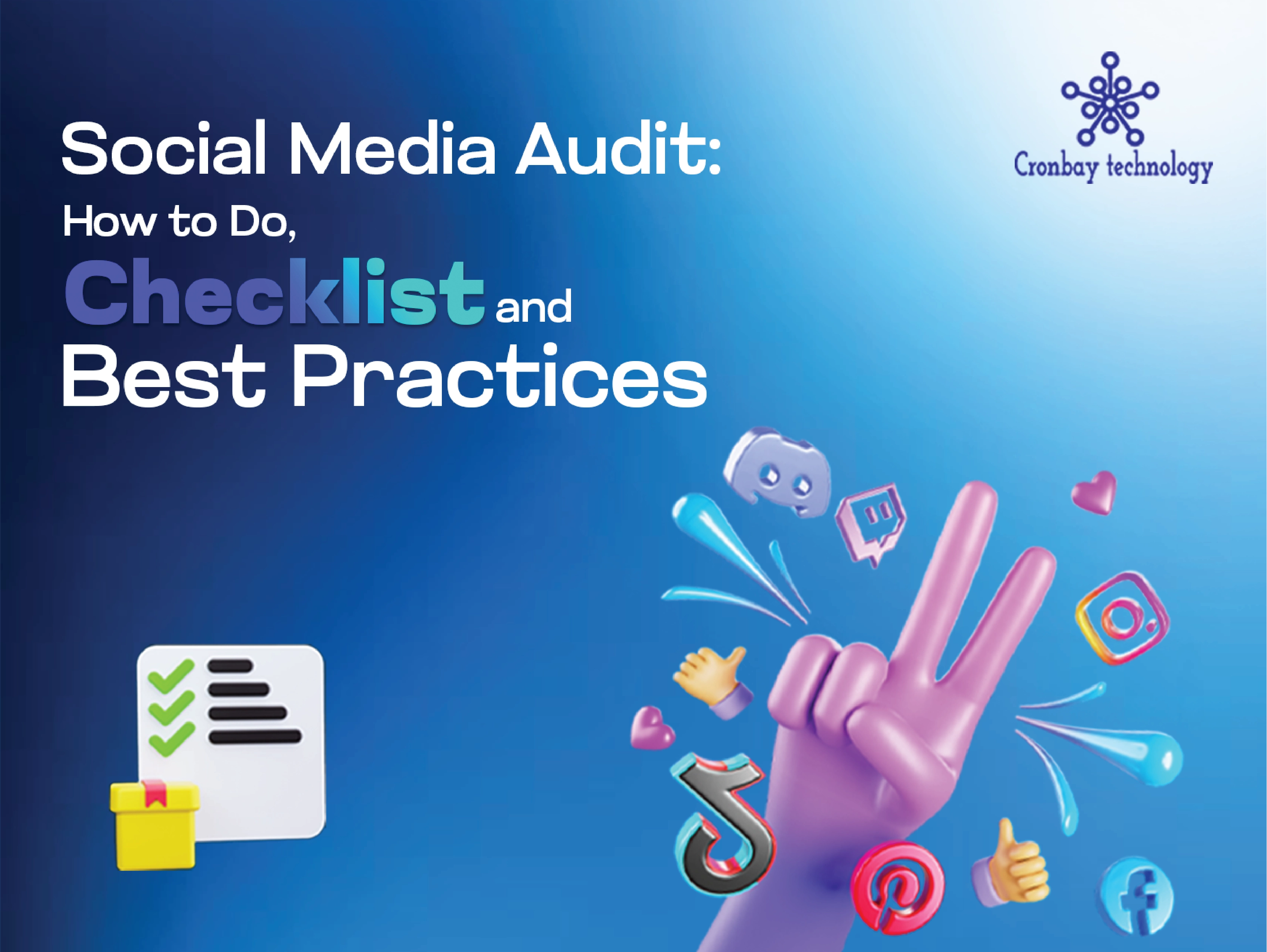As the company owner, you have undoubtedly already heard about the significance of an SEO strategy in online brand promotion. Two distinct methods of search engine optimization (SEO) exist; however, few people are aware of this. According to a survey, seventy percent of marketers believe that SEO is more effective than PPC in delivering results.
Improving your website's organic search engine rankings is a must if you want people to discover you online. However, improving your brand's off-page SEO is just as crucial to your company's success.
What is off page seo?
To boost your search engine ranks, you may use off-site, or "off-page," SEO tactics. The search engine rankings your company receives as a whole are based on how other businesses and entrepreneurs evaluate your company's brand.
Building high-quality backlinks should be the primary focus of your off-page SEO strategy. As search engines place a premium on backlinks as a sign of content quality, the more authoritative your site's backlink profile, the higher it will appear in search results. You can click here to learn a powerful backlink building strategy.
Your own social media profiles, online communities, and blogs may all serve as excellent sources of inbound connections to your site. Your site will generate backlinks on its own if other company owners, marketers, or content providers find it useful.
However, an effective off-page SEO strategy generally goes beyond merely obtaining authoritative and relevant backlinks. In addition to working with similar, high-quality sites and connecting to them from your own, you can do a number of additional actions as well.
Why off page seo is important?
There are several ways in which an effective off-page SEO strategy may help your company:
Improved Position in Search Results
Using specific and well-researched keywords, your brand's page will rise in search results. Which is great news for your business since it means more prospective clients will see it and perhaps get interested in your brand. More people will visit your site, which will boost your conversion rate.
Increased Referring Domains
Search engines consider the number of referring domains when determining a website's position in search results. The higher this score is, the more likely your brand will be judged trustworthy, which also helps produce more visitors in the long run. People who stumble over links to your website from other sources will contribute to its popularity, too.
Increased Website Exposure
More people will see your website if you promote it to those who aren't already familiar with it. In tandem with this improvement, your site's rank will rise. More people will check out your site, and some will buy something from you. This benefits your company since it increases your visibility, your potential client base, and ultimately your sales.
What is off-page SEO checklist?
Inbound connections
Acquire inbound connections from other reputable websites that are also authoritative in your field. The linking site's prominence, relevance, topic matter, anchor text, reliability, and credibility.
Critiques and Advice
Having many positive reviews sends a message to search engines that you are an expert in your field.
Using the Google My Business page
Make sure that your Google My Business page is complete and optimised. Basic search engine optimization involves several different strategies, such as on-page SEO and Google My Business optimization.
Take care of those pesky 404 errors
Finding and repairing 404 errors is a crucial aspect of any off-page SEO strategy because of the negative effects broken links may have on both user experience and off-page SEO. Use Screaming Frog to conduct a site crawl, and then address the 404 errors it identifies to ensure a smooth experience for both crawlers and users.
Use outreach to promote your material.
Get the most out of your outreach by developing both the right collection of tools and the right frame of mind for your target audience. Consider the issue that your material addresses and use it to fuel your request for a connection when contacting bloggers, editors, and webmasters.
Advertise your stuff to get exposure.
Get people to connect to your site by promoting an infographic, tool, or research paper on ad networks like Google Ads and Facebook. The best results may be achieved with this off-page optimization checkbox if advertising efforts are constantly being tracked, analysed, and improved.
Off-page techniques to increase ranking and Domain Authority
Here are five off-site SEO strategies you can use right now to give your site the greatest possible chance of gaining more clout on the web and rising in the search engine results pages (SERPs).
Building high-quality inbound links
Off-site SEO relies heavily on link building, an essential strategy for any site that wants to be on page one of Google's search results. When figuring out where to place your site in the search results, backlinks are Google's primary focus. When comparing two similar domains, Google will give preference to the domain that has more relevant, high-quality backlinks.
Marketers' Use of Social Media
Using social networking is a powerful off-page SEO strategy. You may greatly increase your content's exposure by sharing it on social media.
Promoting your newest piece of content on social media may do wonders for your clickthrough rate, and it can also net you some very useful backlinks from authoritative sites.
Contributions from Others
Off-site SEO advantages may also be achieved via the use of another successful internet marketing strategy: providing guest content to other websites.
Something that will pique the interest of their readers, from a thought-leadership post to "how to" video material. You could try to get in touch with other websites, such specialised trade magazines online, that cater to a comparable demographic to your own. By doing so, you will raise the profile of your business, familiarise prospective clients with it, and increase the likelihood of receiving referral traffic from that source. A quality backlink is a bonus, of course. Generating quality visitors and leads may be greatly aided by nurturing online connections via distributing informative content.
Message Boards
An online forum posting site is a message board where people may engage in-depth discussions via written posts. When done properly, forum posting may provide several advantages for your company.
Local Listings
Local search engine optimization, or SEO for short, has long been a staple off-page SEO strategy, often in the form of directory listings. Accurately adding your business to local listings may greatly improve your company's income, reputation, and search engine ranks, especially in geo-specific SERPs.
Search results that are tailored to the user's location or IP address are considered to be "localised." This includes any results in which the user explicitly or implicitly mentioned a specific area. The latter category contains queries that include terms like "near me" or "nearby." You may get a lot of exposure through free local listings.
Final Thoughts
When trying to rank for highly competitive keywords related to your brand, you can see that off-site SEO plays a major role. In addition to expanding your consumer base, increasing your website's authority, and establishing connections to other companies makes it a crucial part of any internet marketing plan.
Using relevant keywords in places other than your website is essential if you want to get to the top of search engine results pages. This, in combination to a solid on-page approach, is the surest way to achieve your goals. Click here to book the appointment with the experts to help you out in the same.
Frequently Asked Questions
1. Which is the most crucial component of off-page SEO?
Ans. Inbound link quantity and quality is a major off page SEO element. Search engines need to know that you're legit, and if lots of other sites link to you, it's a solid indicator that you know what you're talking about.
2. What components of search engine rankings do off-page optimization have?
Ans. Improving how search engines and users see a site's popularity, relevance, trustworthiness, and authority is a big part of optimising for off-site ranking considerations.
3. What is the minimum number of backlinks required to rank?
Ans. Over time, the required number of backlinks grows proportionally more quickly than the difficulty score. If the difficulty of a term is 10, for instance, you will likely need about 10 backlinks to rank. On the other hand, if the difficulty is 50, you could need 100 backlinks to rank at all.





